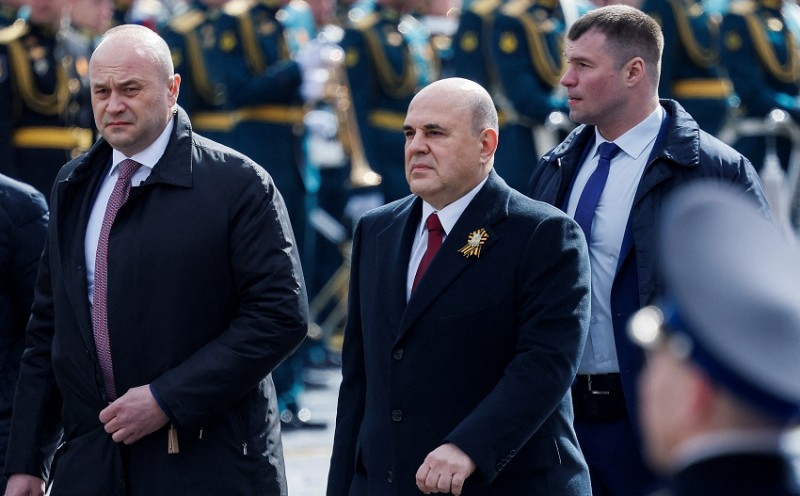
Vladimir Putin's proposal to reappoint Mikhail Mishustin as Russia's Prime Minister indicates a desire for continuity and stability within the government. Mishustin, known for his technocratic approach and lack of political ambition, has been instrumental in navigating Russia through various challenges, including the conflict in Ukraine and economic sanctions imposed by Western nations.
The approval of Mishustin's reappointment by the Duma is virtually assured, given the lack of significant opposition in parliament, which has consistently supported Putin's decisions, including the 2022 invasion of Ukraine. The retention of key figures like Sergei Shoigu and Sergei Lavrov further reinforces the message of stability and Putin's satisfaction with the current government's performance.
Mishustin's background as a career bureaucrat, particularly his decade-long tenure as the head of the federal tax service, has been notable for his success in doubling revenues and implementing measures to support the economy amidst sanctions. His recent initiatives to simplify procedures for investment from select countries reflect efforts to mitigate the impact of sanctions and attract foreign capital.
During critical moments, such as the abortive mutiny in Ukraine last year, Mishustin has emphasized the importance of national unity and rallying around Putin as the country's leader. His upcoming address to the Duma will likely focus on addressing Putin's priorities, including economic development, regional stability, and defense capabilities.
Overall, Mishustin's reappointment underscores Putin's preference for continuity and his confidence in Mishustin's ability to navigate Russia through ongoing challenges both domestically and internationally.
Vladimir Putin's proposal to retain Mikhail Mishustin as Russia's Prime Minister underscores a strategic move towards maintaining stability amidst ongoing geopolitical tensions and economic challenges. Mishustin's technocratic expertise and track record of navigating Russia through turbulent times have positioned him as a trusted figure within Putin's government. With the Duma's expected approval reflecting the lack of substantial opposition, Putin's leadership style, characterized by centralized decision-making, remains unchallenged. This continuity in government composition, with stalwarts like Sergei Shoigu and Sergei Lavrov retaining key positions, sends a clear signal of Putin's confidence in the current team's ability to address both internal and external challenges. Mishustin's pragmatic approach, exemplified by his success in doubling tax revenues and implementing measures to mitigate the impact of Western sanctions, aligns with Putin's vision of maintaining Russia's economic resilience. As Mishustin prepares to address the Duma, his focus on addressing Putin's priorities, particularly in economic development and bolstering defense capabilities, highlights the government's commitment to sustaining Russia's strategic interests amidst a complex global landscape.
Putin Embarks on Fifth Term Amidst Global Scrutiny: A Look into Russia's Political Landscape
Putin Orders Drills with Nuclear Weapons Amid Western Concerns
Ukraine Parliament Approves Bill Allowing Prisoners to Join Military Amid Personnel Shortage